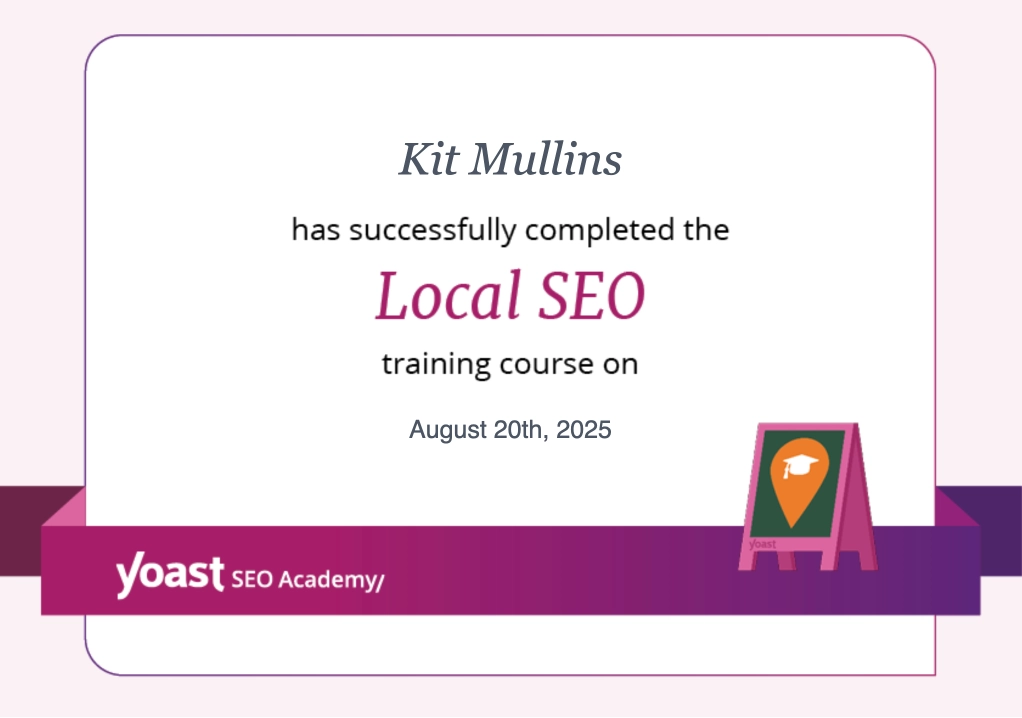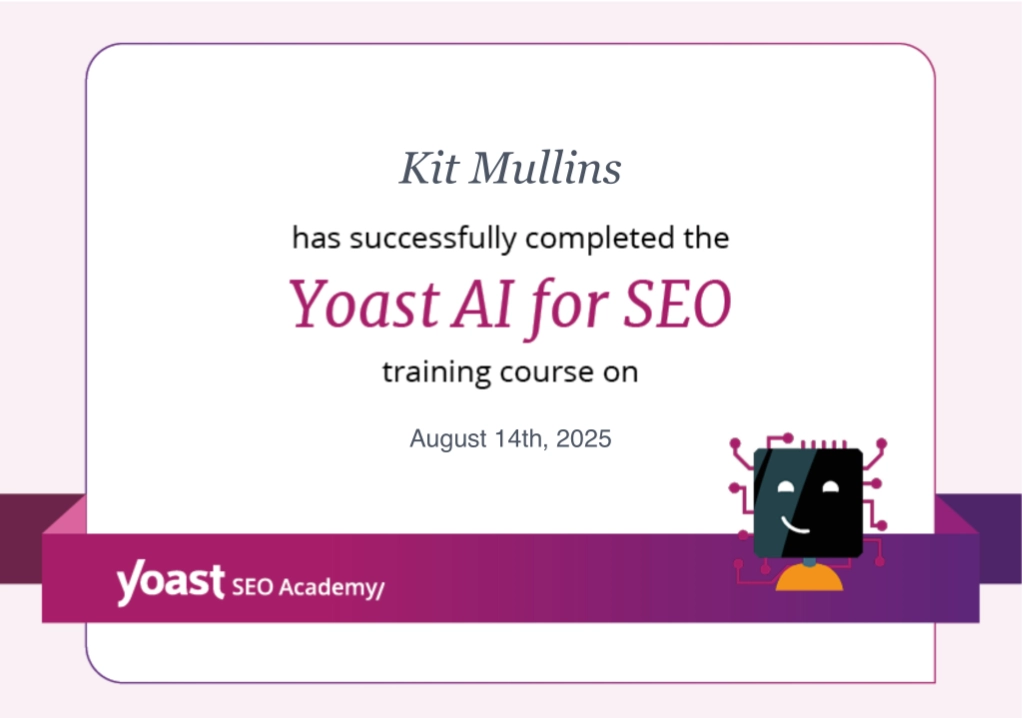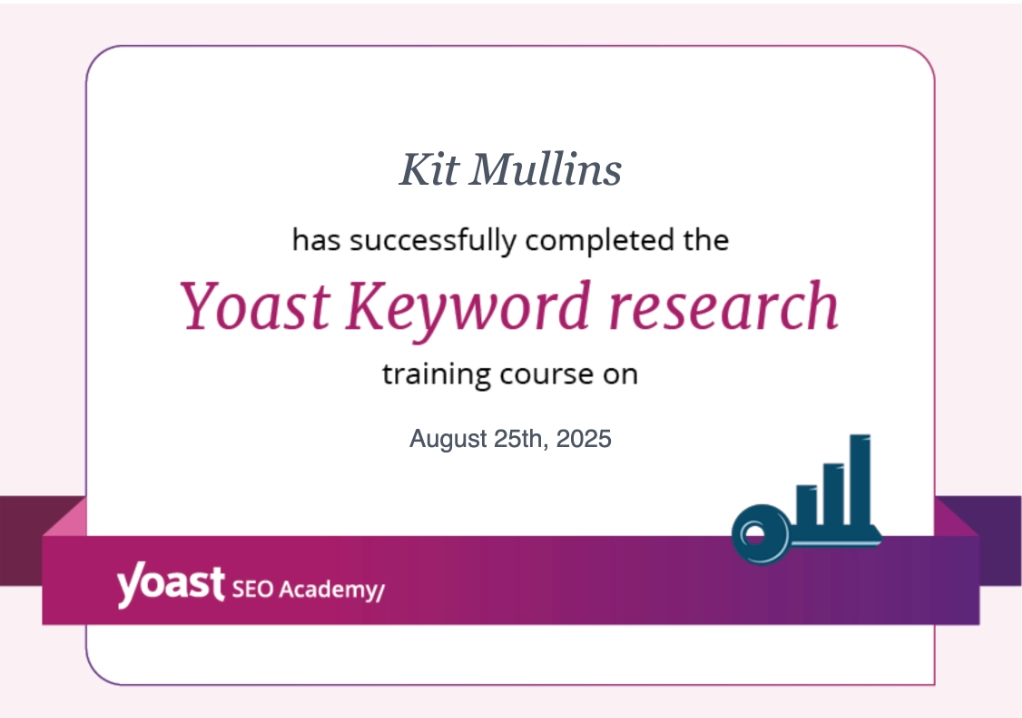Boost Your Business with Local SEO Strategies: A Simple Guide for Independently Owned Small Businesses
In today’s digital age, local search engine optimization (SEO) has become an essential marketing strategy for small businesses aiming to attract customers from their immediate vicinity. With the increasing dominance of online searches for local products and services, independently owned small businesses must optimize their websites and all of their online presence to effectively reach and engage with the local market. This article will explore seven effective local SEO strategies that can help small businesses gain visibility, attract local customers, and thrive in their communities.
7 Tactics for LOCAL SEO
1 – Claim and Optimize Your Google My Business Listing
To begin with, Google My Business (GMB) is a free tool that allows businesses to manage their online presence across Google’s search engine and maps. Claiming and optimizing your GMB listing is a fundamental step in local SEO. Ensure your GMB profile includes accurate and up-to-date information such as business name, address, phone number, website, business hours, and category. Regularly update posts, add appealing images, and encourage customers to leave reviews.
2 – Target Local SEO Keywords
Identify and target relevant local keywords that potential customers will likely use when searching for products or services in your area. Incorporate these keywords into your website’s content, meta tags, headings, and URLs. For instance, if you own a bakery in Seattle, use keywords like “Seattle bakery,” “fresh pastries in Seattle,” or “artisan bread in Seattle.” Be mindful of maintaining a balance between optimization and user-friendly content. As you may know, finding the right local keywords for your business is not always as simple as getting out a notepad and jotting down some words. For more information on how to do local keyword research, check the AHREF’s article on this topic.
3 -Optimize Your Website for Local Searches
Next, ensure that you optimize your website for local searches. Include your business name, address, and phone number (NAP) on every page, preferably in the footer. Including your NAP on every page helps search engines associate your website with a specific location. Consider creating location-specific landing pages targeting different neighborhoods or areas you serve. Include locally relevant content, testimonials, and case studies to enhance your local SEO efforts further.
4 -Develop a Local Content Strategy
Create engaging and informative content that caters to the interests and needs of your local audience—craft blog posts, articles, and guides relevant to your business and the local community. For example, share stories about your business’s involvement in local events, sponsorships, or partnerships. Create behind-the-scenes content about your business to engage your local audience. You can establish your expertise and build trust within the local market by providing valuable content and answering their questions via your website.
5 – Build Local Citations
Citations are online references to your business name, address, and phone number. Consistency across online directories, review sites, and social media platforms is significant in local SEO. Therefore, we recommend that you ensure that your NAP information is accurate and consistent across all platforms. Seek opportunities to list your business in relevant local directories, industry-specific websites, and local chamber of commerce websites.
6 – Encourage Online Reviews
Positive online reviews can significantly impact local SEO and attract potential customers. Encourage satisfied customers to leave reviews on platforms such as Google, Yelp, or industry-specific review sites. To accomplish this, respond promptly and graciously to positive and negative reviews to demonstrate your commitment to customer satisfaction. Engage with customers, address their concerns, and leverage positive feedback to showcase your reputation.
7 – Leverage Local Social Media
Social media platforms provide an excellent opportunity to engage with the local community and enhance your local SEO efforts. Create profiles on popular platforms like Facebook, Instagram, and Twitter. Regularly post updates about your business, share local events, and interact with your audience. Encourage followers to tag your business and share their experiences. Engaging in social media activity can improve your visibility and local search rankings.
Summing up the Local SEO
Implementing local SEO strategies is essential for independently owned small businesses looking to establish a strong presence in their local market. If you have the time, many of these tactics you can implement yourself. And the others? Enlist the help of a professional to do the tasks for you. Why not get started today?
Still a little unclear on the differences between local SEO and SEO for a national audience. and appeal? Check out our article that compares Local SEO and National SEO.

About the Author
Kit Mullins, co-owner of Jemully Media, LLC, has been a leader in digital marketing for more than twenty years. A writer, designer, and developer, Kit enjoys travel, photography, and Bible study. With six kids and fifteen grandkids, she has no choice but to find ways to be creative.






